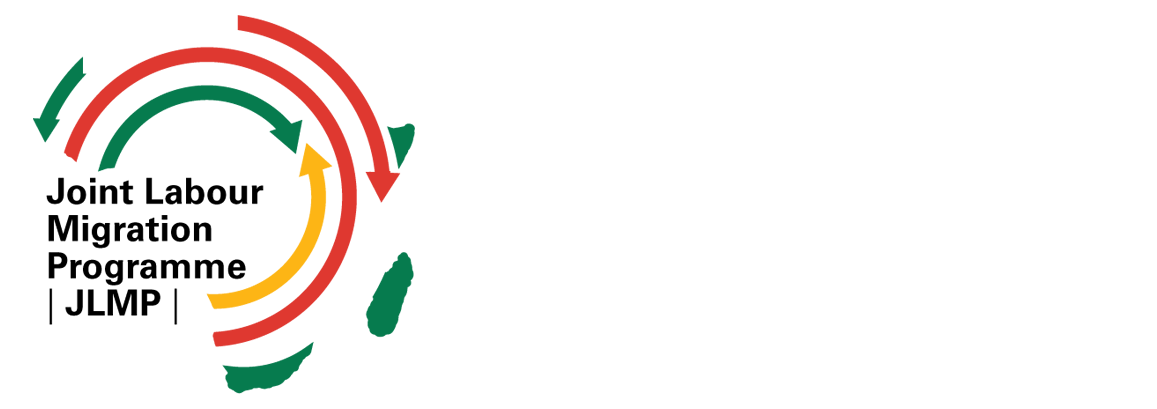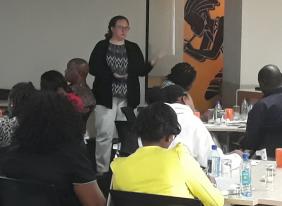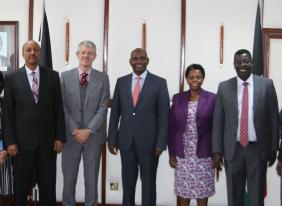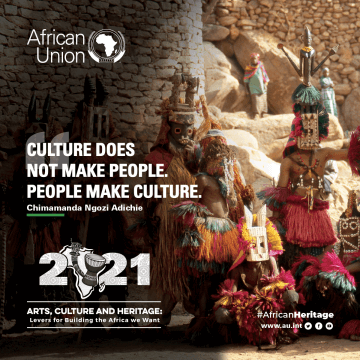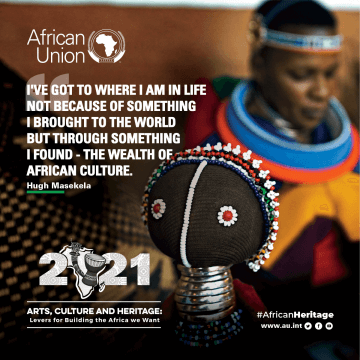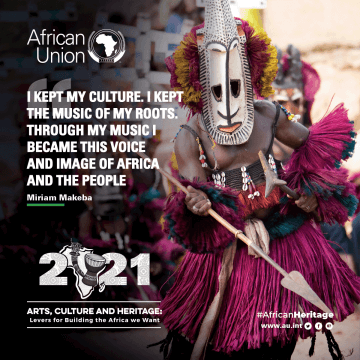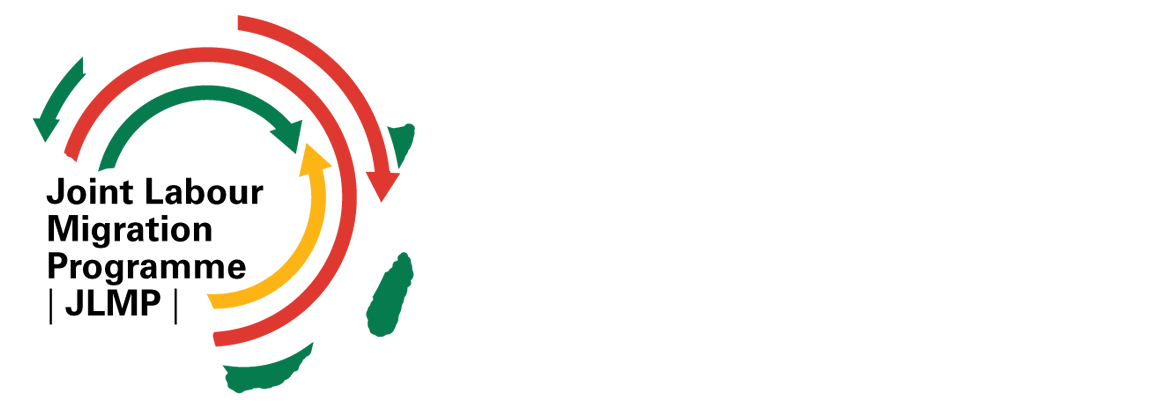High Level Delegation from SIDA Visits AUC
Addis Ababa, Ethiopia - 30th September, 2019: A High Level delegation from the Swedish International Development Agency (SIDA), led by the Director General of SIDA, Ms Carin Jämtin, visited the African Union Commission to discuss the progress, challenges and opportunities within the Priority Joint Labour Migration Project, which is a 9 million USD three-year project funded by SIDA and jointly implemented by International Organization for Migration (IOM) and International Labour Organization (ILO).The overall objective of the project is to improve the governance of labour migration to achieve safer, orderly and regular migration in Africa as committed in relevant frameworks of the African Union (AU) and Regional Economic Commissions (RECs), as well as international labour conventions and other cooperation processes.During the meeting, the Acting Director of Social Affairs, Dr Jane Marie Ong'olo, representing the Commissioner, expressed her appreciation to the Kingdom of Sweden, and implementing partners, IOM and ILO, for their partnership in the Priority project which is led by the AUC. She stated that the project is working to improve approaches and to step up outcomes for the remaining two years of implementation, with an eye to expand to other areas of mutual interest such as labour market institutions.The SIDA Director General said the JLMP Priority project is in line with Sweden’s priorities, and was consistent with her country’s human rights, economic and developmental approach. She highlighted that Sweden’s economy has grown through migration and the movement of goods, services and people, hence their support for the rules-based openness which the African continent is aiming to achieve. SIDA is also expressed satisfaction with the project implementation and excellent coordination among partners.In highlighting the drivers of irregular migration Ms Maureen Achieng, Chief of Mission IOM Ethiopia noted that, “the JLMP has the potential to make historic changes to how people move and work within the continent of Africa”. She recommended expanding the project to the remaining AU Regional Economic Communities and called on African Union Member States to ratify the AU Protocol on Free Movement of Persons, Rights of Establishment and Right of Residence, as this will contribute to accomplishing the objectives of the project.In her remarks, the ILO Programme Manager, Silvia Cormaci stated that “the project is contributing to improved youth employment in Africa through labour market analysis, implementation of international labour standards on the protection of migrant workers’ rights”. She also noted that the project feeds into global and continental commitments on labour migration governance.JLMP Coordinator, Mr Oumar Diop observed that SIDA funding had attracted additional donor support, and the AUC was developing a JLMP Strategic Plan to make all interventions coherent and holistic. He added that a five-year project is being developed for possible support from Swiss Development Cooperation.The JLMP Priority Project contributes to the 10-year Joint Programme on Labour Migration Governance and Integration (better known as JLMP) which is a long-term joint undertaking by African Union Commission (AUC), International Organization for Migration (IOM), International Labour Organization (ILO), United National Economic Commission for Africa (ECA) and United Nations Development Programme (UNDP).For information related to the meeting please contact: Mr. Oumar Diop | JLMP Coordinator, Department of Social Affairs, African Union Commission I E-mail: DiopO@africa-union.org For media inquiries, please contact: Mr. Gamal Ahmed A. Karrar | Communications Officer, Directorate of Information and Communication, African Union Commission | E- mail: GamalK@africa-union.org ...

